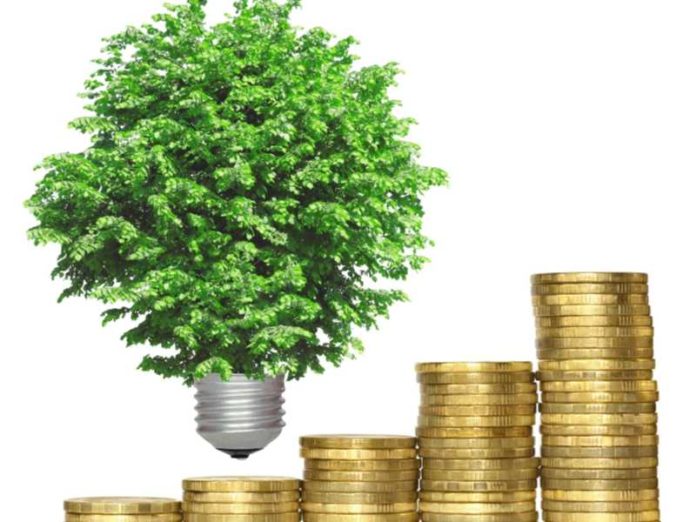
As one of the chosen pilot countries, Mozambique hosted a dialogue focused on the green economy in Africa.
Hosted by the African Development Bank, the Green Growth Knowledge Partnership and the World Wide Fund for Nature, the dialogue also sought to revalidate Mozambique’s commitment to mainstreaming its natural capital to spur the transition to a green economy.
Mozambique, alongside Tanzania, was selected as a pilot country, for applying a natural capital approach in investment processes.
The national dialogue titled Africa Green Economy Conference: Innovative Pathways for a Nature Positive Future from Policy, Business and Finance took place on 29 June under the Natural Capital for African Development Finance (NC4-ADF) initiative and the Economics for Nature programme.
The dialogue brought together government representatives from key sectors, development partners and civil society to discuss how to place nature at the heart of economic development. Participants explored opportunities for developing public policy that better values Mozambique’s unique natural capital assets, which are vital to ensuring a robust, inclusive recovery and the transition to a nature-positive economy following the COVID-19 pandemic.
In remarks during the opening plenary, Fernando Bemane Sousa, Deputy Minister of Land and Environment, called for increased public and private investment to strengthen the technical and financial capacity of national institutions and promote the inclusion of natural capital accounting in national accounts systems for better transparency, planning and data production.
Green economy development cannot be at expense of developmental aspirations
“We are aware that the road to an inclusive and sustainable green economy is still quite long,” said Sousa.
In Mozambique, the natural capital assessment focuses on the Pemba-Lichinga Integrated Development Corridor, which the government has targeted for developing a special agro-industrial processing zone, with support from the AfDB.
The AfDB’s country manager Cesar Mba Abogo said: “The African Development Bank is committed to going beyond fragmented efforts to deal with climate change, biodiversity loss and its impact on social and economic development. The challenges humanity faces today demand concerted and integrated efforts to find responsible and sustainable solutions which benefit people and the planet without sacrificing the legitimate development aspirations of countries such as Mozambique. We are delighted to be part of this dialogue and work in partnership with GGKP and WWF and with the government to foster green economic recovery in Mozambique.”
Coordinator of the Green Growth Knowledge Partnership, John Maughan, said taking stock of our natural capital, and viewing our natural resources as the assets they are, is key to ensuring the long-term health of our life-support systems and economic development. “GGKP is proud to lead this vital work together with the AfDB, WWF and the Economics for Nature partners and to offer a platform to discuss how to mainstream consideration for nature into all levels of decision making, including investment decisions.”
WWF Interim Country Director Solani Mango said the recognition of natural capital as a key part of the public policy and decision-making processes regarding the country’s development has been a priority since the Mozambican government launched the roadmap for a green economy. “The results achieved through this commitment demonstrate not only the government’s determination, but also its commitment to establish bridges of dialogue with the various stakeholders, to jointly address the challenges our country faces in transitioning to sustainable and inclusive economic development.”